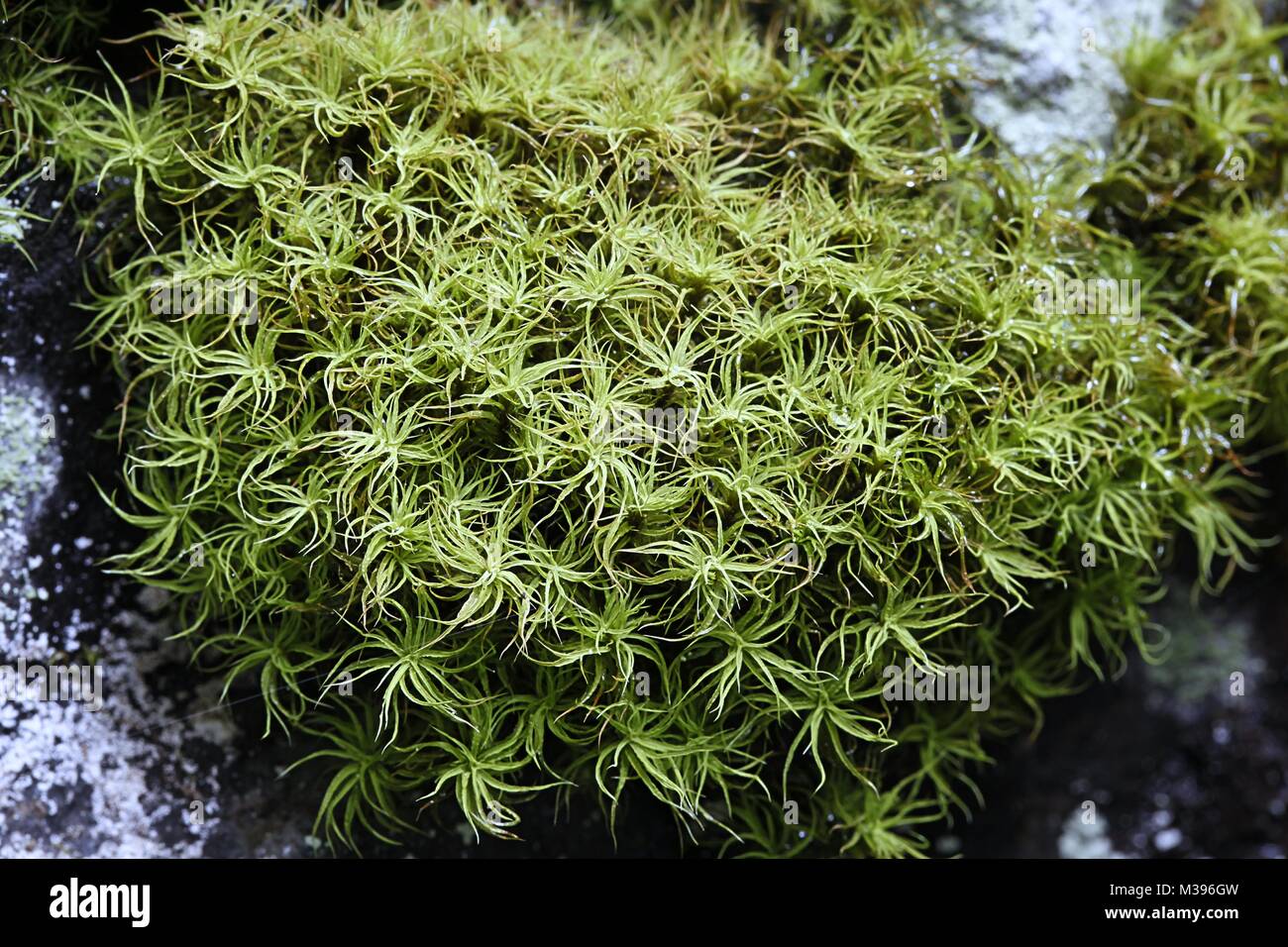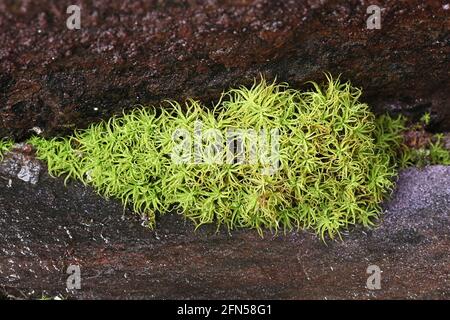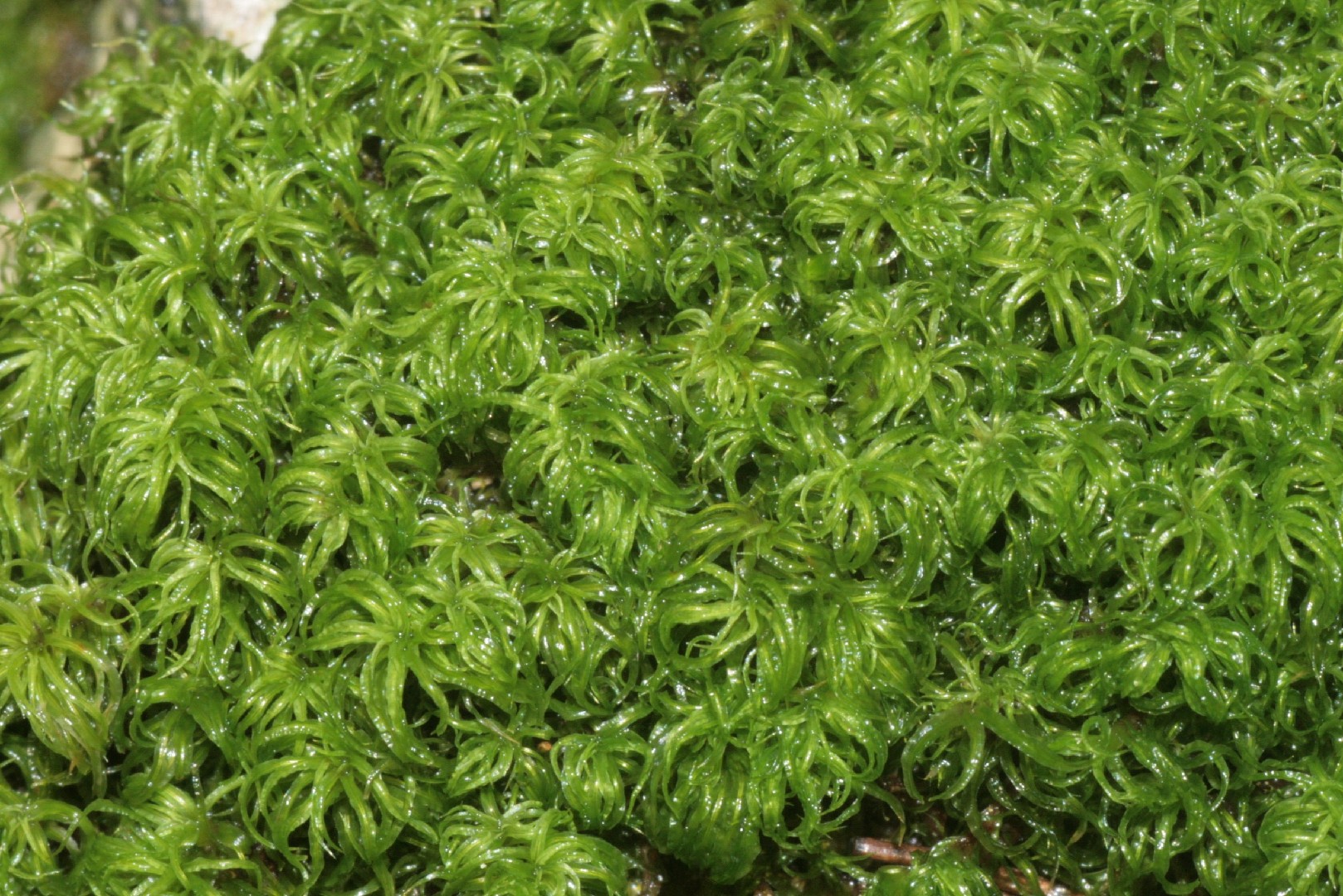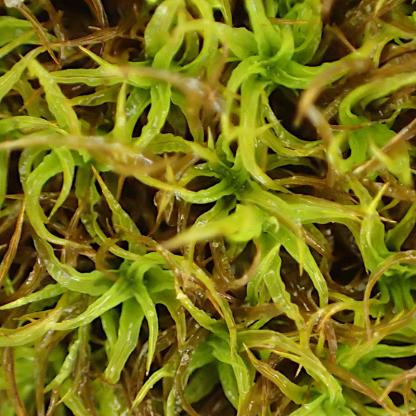
image from: https://www.britishbryologicalsociety.org.uk/learning/species-finder/tortella-tortuosa/
Introduction
Prepare to embark on a captivating journey into the microscopic world of Tortella tortuosa var. fleischeri (E.Bauer) Latzel, a remarkable moss species belonging to the Pottiaceae family. Often referred to simply as Tortella, this unassuming plant holds a wealth of fascinating secrets waiting to be uncovered by enthusiastic explorers like you.
Background
Before we delve into the intricacies of this moss, let’s set the stage with some essential background information. Bryophytes, the group to which mosses belong, are among the oldest land plants on Earth, dating back over 400 million years. These resilient organisms have played a crucial role in the evolution of terrestrial ecosystems, paving the way for more complex plant life to thrive.
Main Content

image from: https://voices.uchicago.edu/mcart/2021/05/27/tortured-tortella-moss-tortella-tortuosa/
Morphology and Identification
Tortella tortuosa var. fleischeri is a small, acrocarpous moss that forms dense, cushion-like tufts or mats. Its leaves are spirally twisted when dry, giving it a distinctive appearance that sets it apart from its cousins. The leaf margins are often recurved, and the leaf tips are acute to acuminate. This moss produces

image from: https://www.alamy.com/stock-photo-frizzled-crisp-moss-tortella-tortuosa-174150393.html
erect, cylindrical capsules on short setae, which are the stalks that support the spore-bearing structures.
Global Distribution and Habitat
This remarkable moss species has a widespread distribution, found across various regions of Europe, Asia, Africa, and North America. It thrives in a diverse range of habitats, including calcareous soils, rock crevices, old walls, and even tree bark. Its ability to adapt to different environments is a testament to its resilience and versatility.
Ecological Roles and Adaptations
Despite its diminutive size, Tortella tortuosa var. fleischeri plays a vital role in its ecosystems. It contributes to

image from: https://www.alamy.com/tortella-tortuosa-commonly-known-as-frizzled-crisp-moss-image454747621.html
soil formation, water retention, and nutrient cycling, creating favorable conditions for other organisms to flourish. Additionally, this moss exhibits remarkable adaptations, such as its twisted leaves, which help it conserve moisture and protect its delicate reproductive structures during dry periods.
Case Studies/Examples
One fascinating example of the ecological significance of Tortella can be found in the

image from: https://www.britishbryologicalsociety.org.uk/learning/species-finder/tortella-tortuosa/
Mediterranean region. Here, it plays a crucial role in stabilizing soil and preventing erosion, particularly in areas prone to desertification. Its presence has been shown to enhance the growth and survival of other plant species, contributing to the overall biodiversity of these fragile ecosystems.

image from: https://www.picturethisai.com/es/wiki/Tortella_tortuosa.html
Technical Table

image from: https://voices.uchicago.edu/mcart/2021/05/27/tortured-tortella-moss-tortella-tortuosa/
image from: https://ukrbin.com/show_image.php?imageid=91485&big=1

image from: https://nafoku.de/flora/htm/tortella_tortuosa_detail.htm
| Characteristic | Description |
|---|---|
| Family | Pottiaceae |
| Genus | Tortella |
| Species | Tortella tortuosa var. fleischeri (E.Bauer) Latzel
 image from: https://www.alamy.es/foto-tortella-tortuosa-moss-tipicamente-creciendo-como-un-macizo-compacto-sobre-rocas-calizas-derbyshire-peak-district-104857607.html |
| Growth Form | Acrocarpous, cushion-like tufts or mats |
| Leaf Morphology | Spirally twisted when dry, recurved margins, acute to acuminate tips |
| Reproductive Structures | Erect, cylindrical capsules on short setae |
| Habitat | Calcareous soils, rock crevices, old walls, tree bark |
| Distribution | Europe, Asia, Africa, North America |